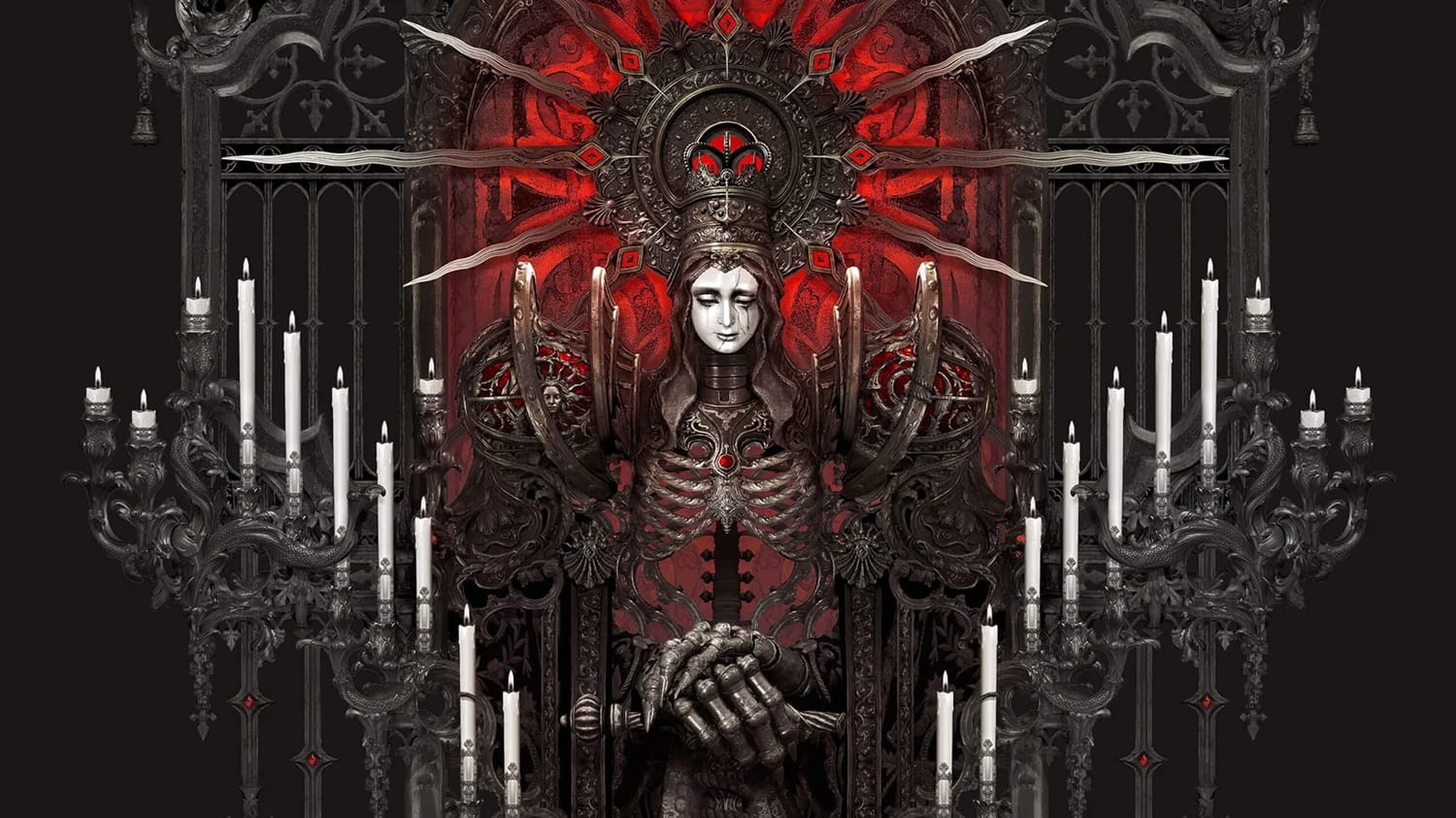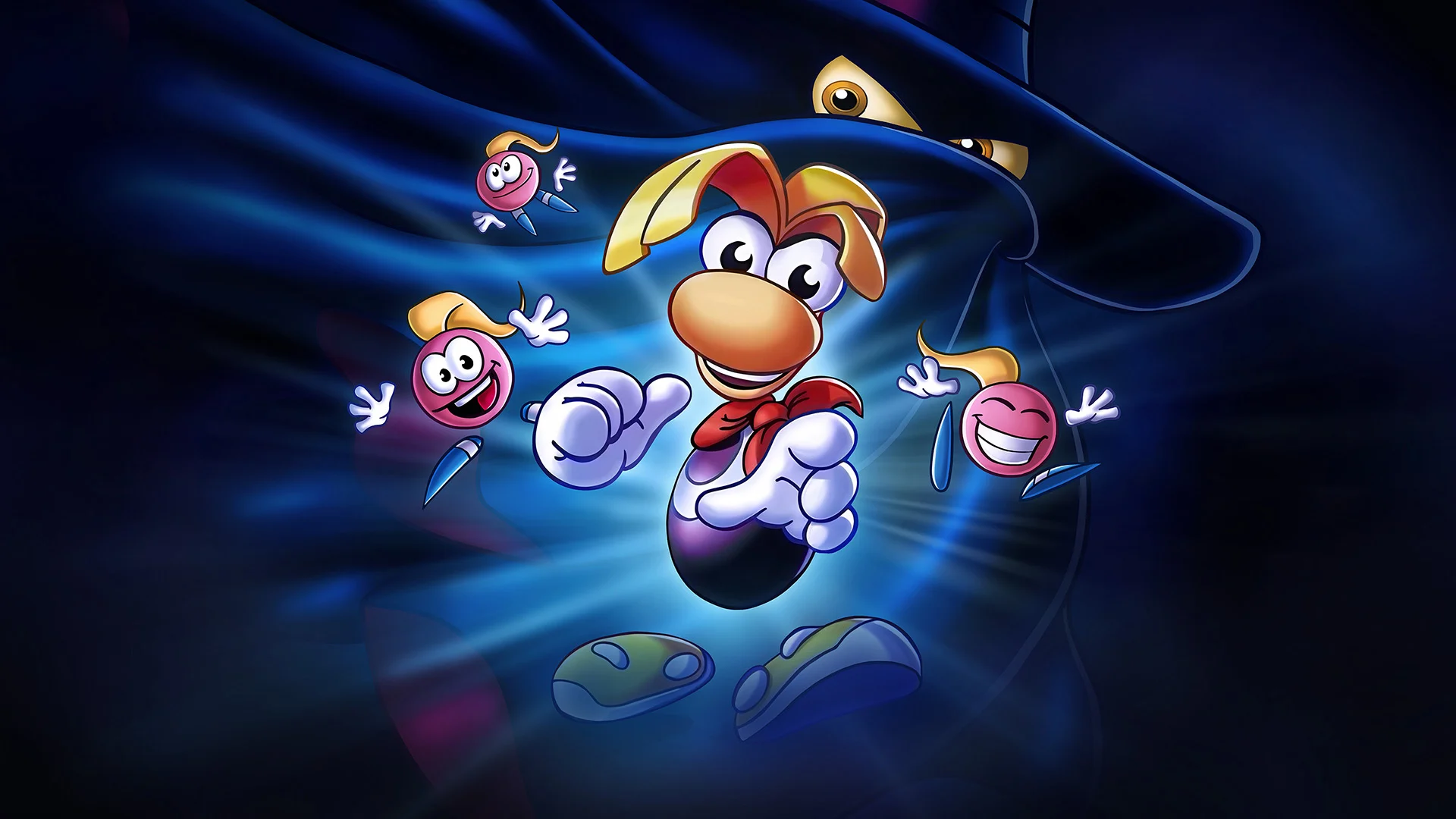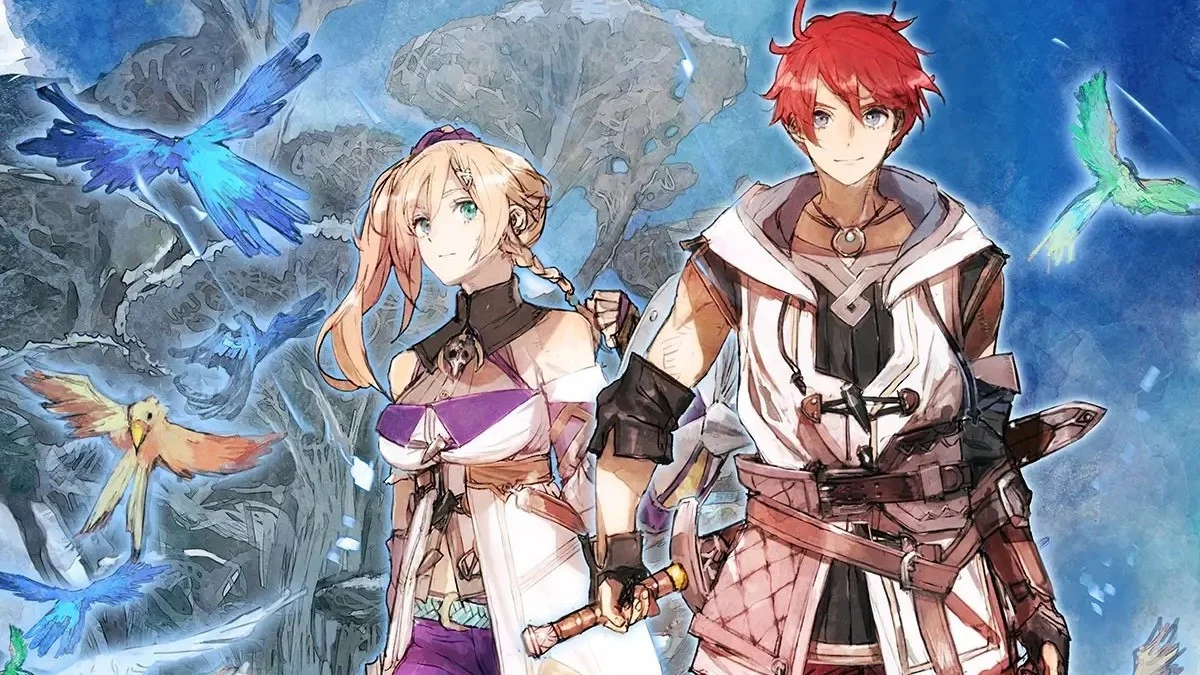Out of all of Capcom’s decades long history, it’s safe to say that their adventure games have been the most out there of releases, chief among them the works of Shu Takami. Creator of both the Ace Attorney series and the unfairly overlooked Ghost Trick, which only recently saw a re-release, there isn’t a game of his I haven’t absolutely adored in the last 20 or so years.
Whether we’re talking about the courtroom shenanigans that seem to follow hapless defense lawyer Phoenix Wright around or trying to make due with the fact that a ghost of all things has taken up the mantle of a detective, Takami’s creations are among my favorite gaming experiences ever. And to Capcom’s credit, they know there are many others like me who eat these games up whenever possible.
Hence the remastered collection featuring the first three Ace Attorney games that was put out a few years ago, and now, Apollo Justice: Ace Attorney Trilogy, with their follow-ups. For the uninitiated, this new bundle is named after Wright’s successor, the plunky newbie lawyer Apollo, who ended up having to defend Phoenix at the outset of his solo adventure.
As with the previous games, Apollo Justice proved to be an excellent addition to the franchise, bringing in its own new cast of characters as well as many returning ones, padding up an already extensive ensemble of colorful personalities which Takami and his team are experts at drawing up. With the new protagonist in tow, the two sequels to his game ended up being downloadable-only titles on the Nintendo 3DS and exclusive to its digital store until all entries in the franchise were rejiggered with HD graphics and ported to mobile years later.

Ace Attorney: Dual Destinies, which was originally released in 2013, brought Phoenix back to court as he shared his seat with not only Apollo, but also rookie lawyer Athena Sykes, who brought her own unique flavor to the game in the form of her ability to read the emotions of those in the stand. The end result is a game where the trademark absurdity of the series is turned up to 11, and thanks to the usual high level of quality in terms of its localization, it’s an incredibly fun game to play.
Last but not least, Ace Attorney: Spirit of Justice brought in the most radical of changes to the classic Phoenix Wright flavor of craziness by having him take up cases in an entirely new setting, the fictional far-east Kingdom of Khura’in, where his partner in the firm, Maya Fey, went to train in the mystical ways. The game’s new gimmick comes in the form of divination séance rituals performed by the country’s religious leader, teenager Rayfa, that help shine a light on any murder victim’s final moments, where, during cross-examination, Phoenix can pick out details and help build a case for his clients.
Wright seems himself thrust in the middle of a political conspiracy as he starts diving into the dangers of being a lawyer in Khura’in, who abhor defense attorneys and have a clause where if a guilty verdict is delivered, both defendant and defender are put to the sword. Side-by-side with his adventures abroad, Apollo and Athena are tasked with keeping an eye on things back home, and they also get to have a go at all the insane courtroom drama.
All three games are faithfully brought to more modern gameplay standards in the collection, such as fast-forwarding text, the previously DLC-only chapters for both Dual Destinies and Spirit of Justice, and of course, the bumped up visuals. This is a golden opportunity to those that missed the chance to play these games originally, and for someone like me, who has seen all of Ace Attorney originally, an excuse to jump back in.

Along with them comes a surprisingly comprehensive museum feature that offers a peek at pages of art to sift through, along with all of the rarely talked about musical score of these games, some of the best that Capcom has ever produced, written by seasoned videogame composer Noriyuki Iwadare.
It’s worth noting that the 3DS games were some of the first to include fully animated scenes that gave fans a chance to hear a lot of the cast speak full sentences for the first time – outside of the usual ‘TAKE THAT!’ and of course, ‘OBJECTION!” — along with polygonal graphics that have gotten a much needed bump in quality in this re-release. And they look absolutely great, colorful, and well animated in a key frame sorta way that’s very screenshot and meme friendly.
As far as Capcom collections go, I would’ve loved to see more of the creative process for the three games in the form of production sketches and notes, like what was seen in the Mega Man compilations. On the other hand, what there is to be enjoyed in this second Ace Attorney Trilogy works to its advantage in terms of interaction by having a simple, albeit cute animation studio where you can put together your own courtroom clip featuring lines from the entire cast.

Regardless of whether or not you have experienced any of Phoenix Wright in the past, you’ll find plenty to dig into with Apollo: Justice: Ace Attorney Trilogy thanks to how well it makes playing the previously portable exclusive titles on bigger high definition displays and controllers. The inclusion of what used to be premium downloadable content also helps sweeten the deal a bunch, especially to me, who missed the chance at buying them before the Nintendo 3DS eShop closed last year.
If you are a fan of excellent writing and don’t mind having to read more than your usual share of text in a game, as there is a whole bunch of it in these games, you’ll find them to be extremely clever and bursting with personality. It’s a shame that the series is on hold, but hopefully with the success in sales of this and other similar collections, maybe Capcom will finally bring gaming’s top lawyer back to where he belongs, and not just as a criminally underused character in one of their Vs fighters. Yes, I’m looking at you, Ultimate Marvel vs. Capcom 3!





